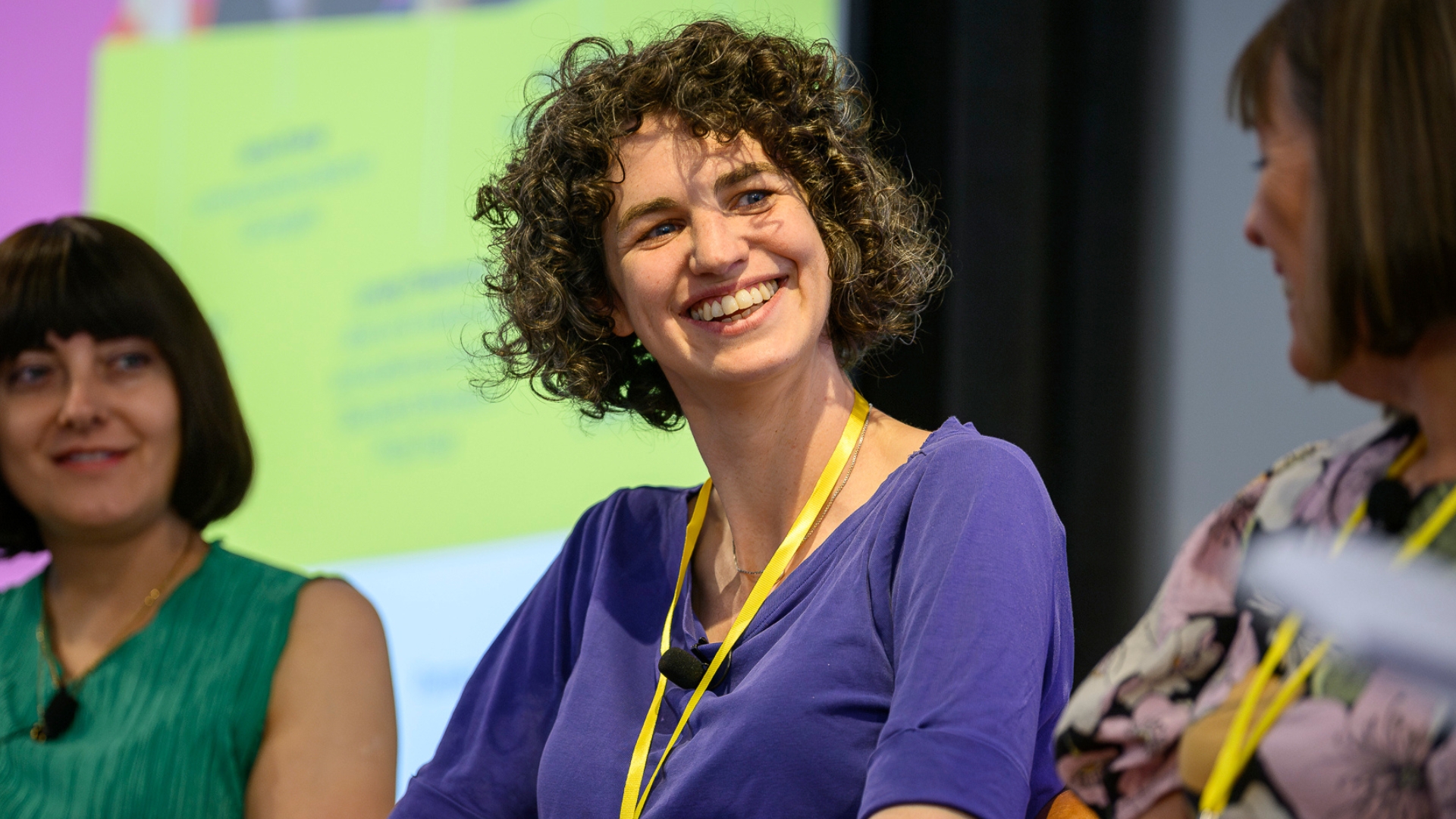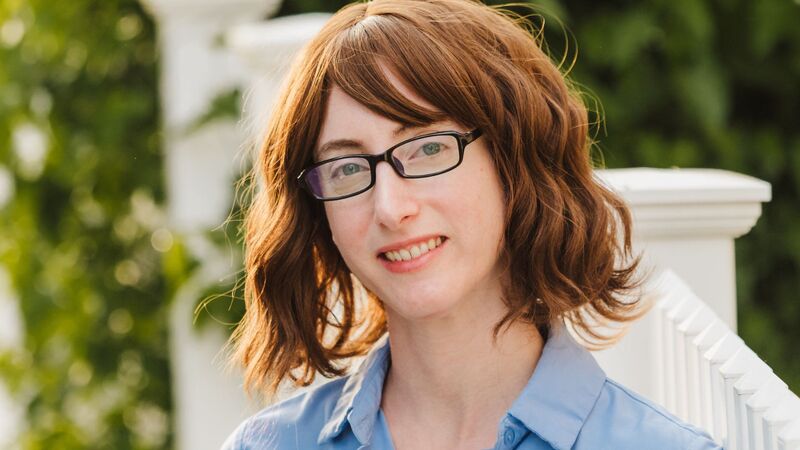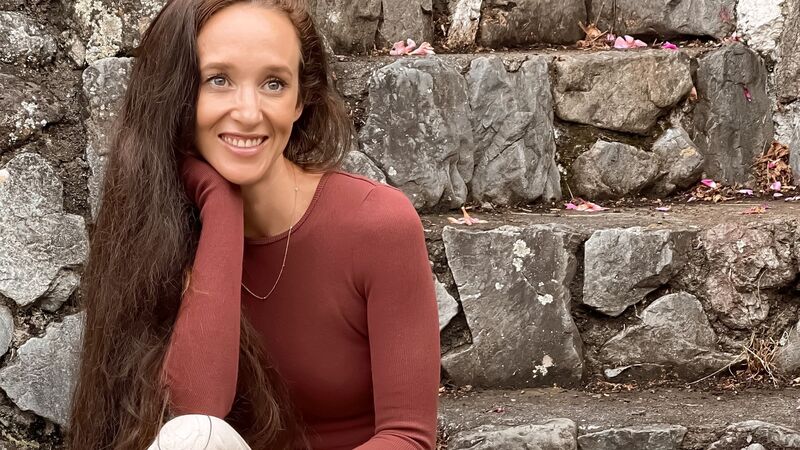You are viewing your 1 free article this month. Login to read more articles.
Managing authors' expectations is key during publication, M&P audience hears
Managing an author’s expectations early on in a marketing and publicity campaign and being upfront with the plan for their book is key to building trust between a publicist and a writer, according to Canongate’s communications director Anna Frame.
Speaking about the events landscape at The Bookseller’s Marketing & Publicity Conference, Frame said that this was especially important in a “social media world”, where the events of other authors were amplified online.
The panel explored the “challenges and potential” in events today, and included perspectives covering different aspects of the industry.
Chaired by Georgina Moore, author and deputy m.d. at Midas PR, the panel included Lynsey Passmore, director and marketing and audiences director at the Women’s Prize Trust and a freelance marketing specialist at Bazowie, Sheryl Shurville, the co-owner of Hertfordshire’s Chorleywood bookshop and Buckinghamshire’s Gerrards Cross bookshop (the Chiltern Bookshops), and freelance literature producer Bea Colley.
Frame said it was initially important to be honest with authors when the idea of a big tour was “not right” for their book, and equally that it was key to have an open communication if tickets to their events were not selling.
She argued that it was “easier” to speak to the authors about the challenges of a campaign “if you started that process of building trust early” during the process. “I think we have a real tendency in publishing to try to wrap authors in cotton wool and pretend to them that it’s all shiny and beautiful and brilliant, and this is the dream […] but it’s not a dream, it’s business,” she said.
Speaking about author care in relation to festivals, Colley, who works with Stowmarket’s Primadonna Festival, said that authors who attended the festival “really want to come back year-on-year”.
Authors attending the festival are paid a fee and offered a package covering accommodation, food, travel and free tickets for friends and family, while their accessibility needs are also taken into consideration by the organisers. “It is quite a lot of work, but I do end up having quite a personal relationship with every single author that comes to the festival,” she said.
The value provided to customers was also a central theme explored by the panel. Shurville spoke about the increasingly difficult endeavour of hosting bookshop events, saying that the booksellers aim to offer “great value” to customers “so they keep coming back”. This includes keeping the cost of ticket prices down, with customers given the option to purchase a more expensive ticket that comes at the price of the book the event is based on, and includes a copy of the book.
“As our costs have gone up – so, our local halls and various other costs – we don’t really pass that on [to customers],” she said. “We do a lot of events, so we’re not just limited to a festival, which may be two weeks or a weekend; now, my whole life is a festival.”
The panellists also discussed how they strove to continue providing a platform for a diverse range of authors in an increasingly challenging events landscape. Passmore spoke about pairing established authors with newer voices to ensure that the events held by the Women’s Prize Trust featured a diverse range of talent.
"Part of our remit at the Women’s Prize is to empower women’s voices, so as we’re programming events we are looking at the diversity of the panel and the different levels of career," she said. "I think we really welcome authors into the Women’s Prize family from a very early stage."



















